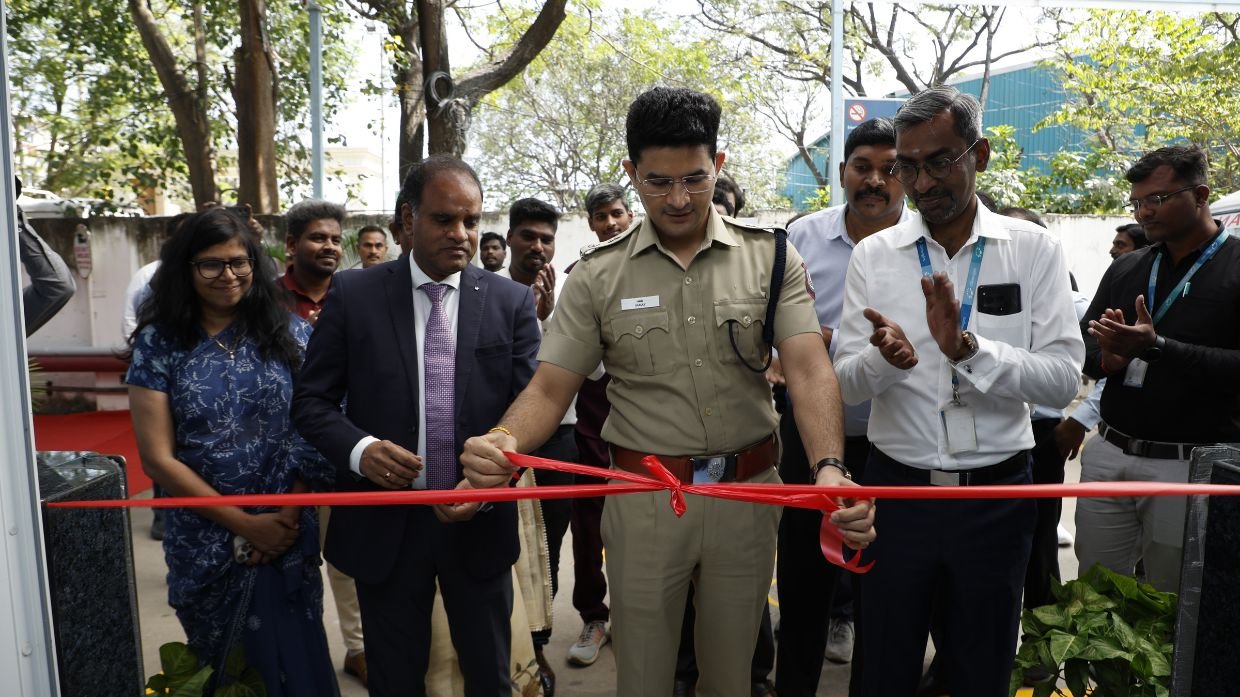Liver Transplant in Chennai
Gleneagles Hospitals is a leading institution in successful liver transplants to patients with end-stage liver disease. We aim to provide liver patients in Chennai with a new lease on life. We aim to reduce risks and complications with advanced transplant procedures and monitoring. Our multidisciplinary team of specialists and support staff provides holistic medical attention to patients.
We follow a patient-centric approach and provide personalised medical attention to each individual under our care. The patients receive lifestyle counselling and rehabilitation services for a swift recovery and long-term benefits. Trust us to provide top liver transplants in Chennai for an effortless journey towards better liver health.


























